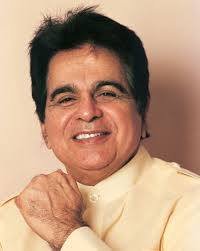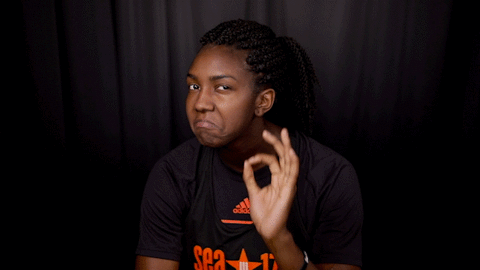Meet Dilip Kumar,
Kumar was born Yusuf Khan into a Hindko-speaking family of 12 children on 11 December 1922 at his house in the Qissa Khawani Bazaar area of Peshawar, in what is now Khyber Pakhtunkhwa, Pakistan. His father, Lala Ghulam Sarwar, was a landlord and fruit merchant who owned orchards in Peshawar and Deolali (in Maharashtra, India). Dilip Kumar did schooling from prestigious Barnes School, Deolali, near Nasik. In the late 1930s, his family of 12 members relocated to Bombay.
Around 1940, while still in his teens and after an altercation with his father, Dilip Kumar left home for Pune. With the help of an Iranian cafe owner, and an elderly Anglo-Indian couple, Kumar met a canteen contractor Taj Mohammad Shah, an acquaintance of his father from Peshawar days. Without letting on his family antecedents, he got the job on the merit of his knowledge of good written and spoken English. He managed to set up a sandwich stall at the army club and when the contract ended he headed home to Bombay having saved Rs. 5000. In 1942, anxious to start some venture to help out his father with household finances, he met Dr. Masani at Churchgate Station, who asked him to accompany him to Bombay Talkies, in Malad. Here he met actress Devika Rani, owner of Bombay Talkies, who asked him to sign up with the company on a pay of Rs. 1250 per year. Here he met actor Ashok Kumar who was to influence his acting style telling him to act "natural". He also met Sashadhar Mukherjee, and both these people became very close to Kumar over the years. Initially, Kumar helped out in the story-writing and scripting department because of his proficiency in Urdu language. Devika Rani requested to change his name from Yousuf to Dilip Kumar, and later cast him in a lead role for the film Jwar Bhata (1944), which marked Dilip Kumar's entry into the Hindi film industry
Dilip Kumar (born Muhammad Yusuf Khan on 11 December 1922) is an Indian film actor also known as Tragedy King,and described as "the ultimate method actor" by Satyajit Ray..He debuted as an actor in the film Jwar Bhata in 1944 produced by Bombay Talkies. His career has spanned over six decades and with over 60 films. He starred in films of a variety of genres such as the romantic Andaz (1949), the swashbuckling Aan (1952), the dramatic Devdas (1955), the comical Azaad (1955), the historical Mughal-e-Azam (1960) and the social Ganga Jamuna (1961).
In 1976, Dilip Kumar took a five-year break from film performances and returned with a character role in the film Kranti (1981) and continued his career playing leading roles in films such as Shakti (1982), Karma (1986) and Saudagar (1991). His last film was Qila (1998)
He is the winner of 9 Filmfare Awards and is the first recipient of Filmfare Best Actor Award (1954). He still holds the record for the most number of Filmfare awards won for that category with 8 wins. Critics acclaimed him among one of the greatest actors in the history of Hindi cinema.
The Government of India honored him with the Padma Bhushan in 1991, the Dadasaheb Phalke Award in 1994 and the Padma Vibhushan in 2015 for his contributions towards Indian cinema and nominated him to Rajya Sabha, the upper house of Indian Parliament for a term. The Government of Pakistan honoured him with its highest civilian honor Nishan-e-Imtiaz in 1997....
Hi! I am a robot. I just upvoted you! I found similar content that readers might be interested in:
https://knowmorewikipedia.blogspot.com/2016/04/dilip-kumar.html
He is a best actor with good personality
ineteresting story
Great man and good personality.
Truly a legend.
One of the best dialogue from DEVDAS (1955)
"Kaun kambakth hai jo bardasht karne ke liye peeta hai. Main toh peeta hoon ke bas saans le sakoon"
good story
great personality :)
Deleep Kumar is the one of the best actor
wow glade to know that wow
wow @imfarhadafridi your post motivates me
He was a good actor.
